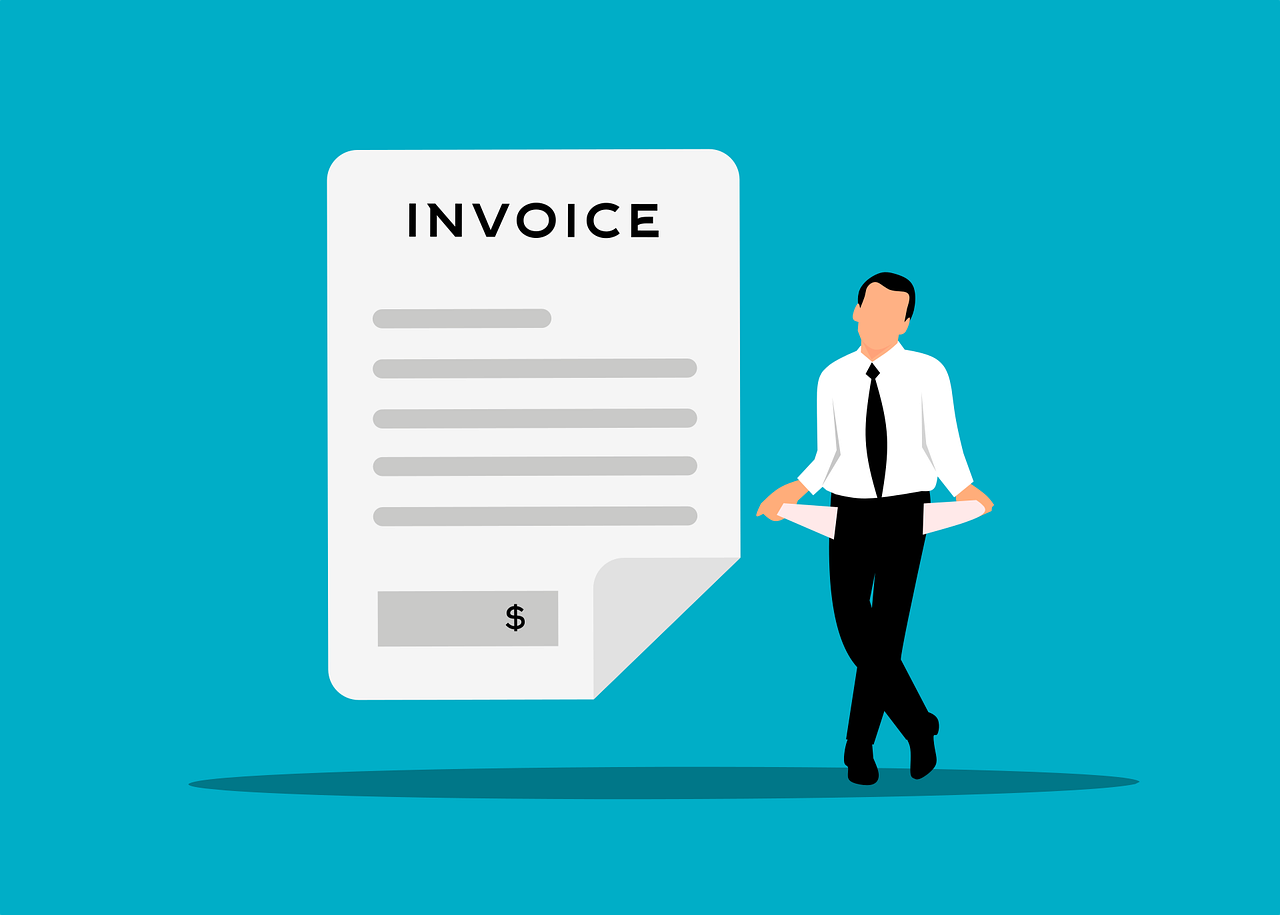Running a therapy practice or small business can be both rewarding and challenging. One of the more frustrating challenges is dealing with unpaid invoices. For therapists, independent contractors, and other small business owners, unpaid invoices can significantly impact cash flow and business sustainability. But what you might not know is that some unpaid invoices can be written off as tax deductions. This post aims to clarify whether therapists can write off unpaid invoices and how to do so.
Understanding Tax Write-offs for Therapists
What are Tax Write-offs?
First let’s understand what tax write-offs are, also known as tax deductions. These are expenses that businesses can subtract from their taxable income. For therapists, these write-offs can include anything from office supplies to professional development courses. By reducing taxable income, write-offs lower the amount of tax owed, which can be a crucial aspect of tax and financial planning for any therapist or small business owner.
Specific Write-offs for Therapists
Therapists can generally write off several types of business expenses, including:
- Office supplies
- Professional dues and subscriptions
- Continuing education and training
- Marketing and advertising costs
- Client-related expenses
These deductions help therapists reduce their taxable income, making it easier to manage the financial aspects of running a practice.
Cash Basis vs. Accrual Basis: Understanding Your Accounting Method
Before diving into the topic of unpaid invoices and bad debts, it’s crucial to understand the difference between cash basis and accrual basis accounting. These are the two primary accounting methods businesses use to track their finances.
Cash Basis Accounting: This method records revenue and expenses only when cash is received or paid. It’s simpler and often used by small businesses.
Accrual Basis Accounting: This method records revenue and expenses when they are earned or incurred, regardless of when cash is actually received or paid. This method provides a more accurate picture of a business’s financial health.
It’s important to first know whether you are reporting your income for tax purposes on the cash or accrual basis. Now let’s explore the specifics of handling unpaid invoices and bad debts when you are on the accrual basis.
Can Unpaid Invoices be Written Off?
It’s essential to differentiate between unpaid invoices and bad debts. Unpaid invoices are bills that clients have not paid yet, but there’s still a chance they might. Bad debts, on the other hand, are amounts you’ve determined will never be paid, making them eligible for a write-off.
Criteria for Writing Off Unpaid Invoices
To write off unpaid invoices, certain criteria must be met:
- Establishing the Debt: You must prove that the unpaid invoice is indeed a bad debt.
- Reasonable Effort to Collect: Document your attempts to collect the debt, including emails, letters, and phone calls.
- Professional Services Rendered: Verify that the services were rendered and the invoice was legitimate.
Once these criteria are met, you can consider the unpaid invoice as a bad debt and proceed with the write-off.
Timing and Process for Claiming Unpaid Invoices
The timing of the write-off is crucial. Generally, you should claim the deduction in the same year you determine the invoice is uncollectible. Keep meticulous records of all attempts to collect the debt and the point at which you decide it’s a bad debt.
Remember, understanding the difference between cash basis and accrual basis accounting is fundamental for managing your business finances effectively. Recognizing when an unpaid invoice transitions into a bad debt and knowing the criteria and timing for writing it off can significantly impact your financial health and tax situation. Always ensure you maintain detailed records and make reasonable efforts to collect debts before considering them uncollectible.

Records and Documentation Requirements
Importance of Accurate Records
Accurate record-keeping is critical for substantiating any tax deduction, including unpaid invoices. The IRS requires detailed documentation to back up deductions, so it’s vital to keep everything well-organized.
Tips for Organizing Unpaid Invoices
- Use Accounting Software: Tools like QuickBooks or FreshBooks can help you track invoices and payments.
- Maintain Physical or Digital Copies: Keep copies of all invoices and receipts, even if you also store them digitally.
- Document Collection Efforts: Make notes of every attempt to collect unpaid invoices.
By keeping thorough records, you can ensure that you’re prepared should you need to justify your deductions to the IRS.
Tax Implications for Therapists
Impact on Taxable Income
Writing off unpaid invoices can reduce a therapist’s taxable income, thereby lowering the amount of tax owed. However, it’s essential to understand how this impacts your overall tax situation. Consulting with a tax professional can provide personalized guidance and help you avoid pitfalls.
Common Mistakes to Avoid
- Improper Classification: Ensure that the unpaid invoice qualifies as a bad debt.
- Insufficient Documentation: Always keep comprehensive records.
- Timing Errors: Claim the deduction in the correct tax year.
Avoiding these mistakes can save you from potential audits and penalties.
In summary, therapists can indeed write off unpaid invoices, provided they meet specific criteria and maintain accurate documentation. Understanding how to classify and claim these expenses can significantly impact your financial health and tax liability. For personalized advice, consult with a tax professional to ensure you’re making the most of available deductions.
Take Control of Your Finances Today
If you’re looking for more insights or personalized advice, don’t hesitate to reach out to Therapist Biz Pro today. We can also help you streamline and set up specialized accounting software to keep your finances in order and maximize your deductions.

